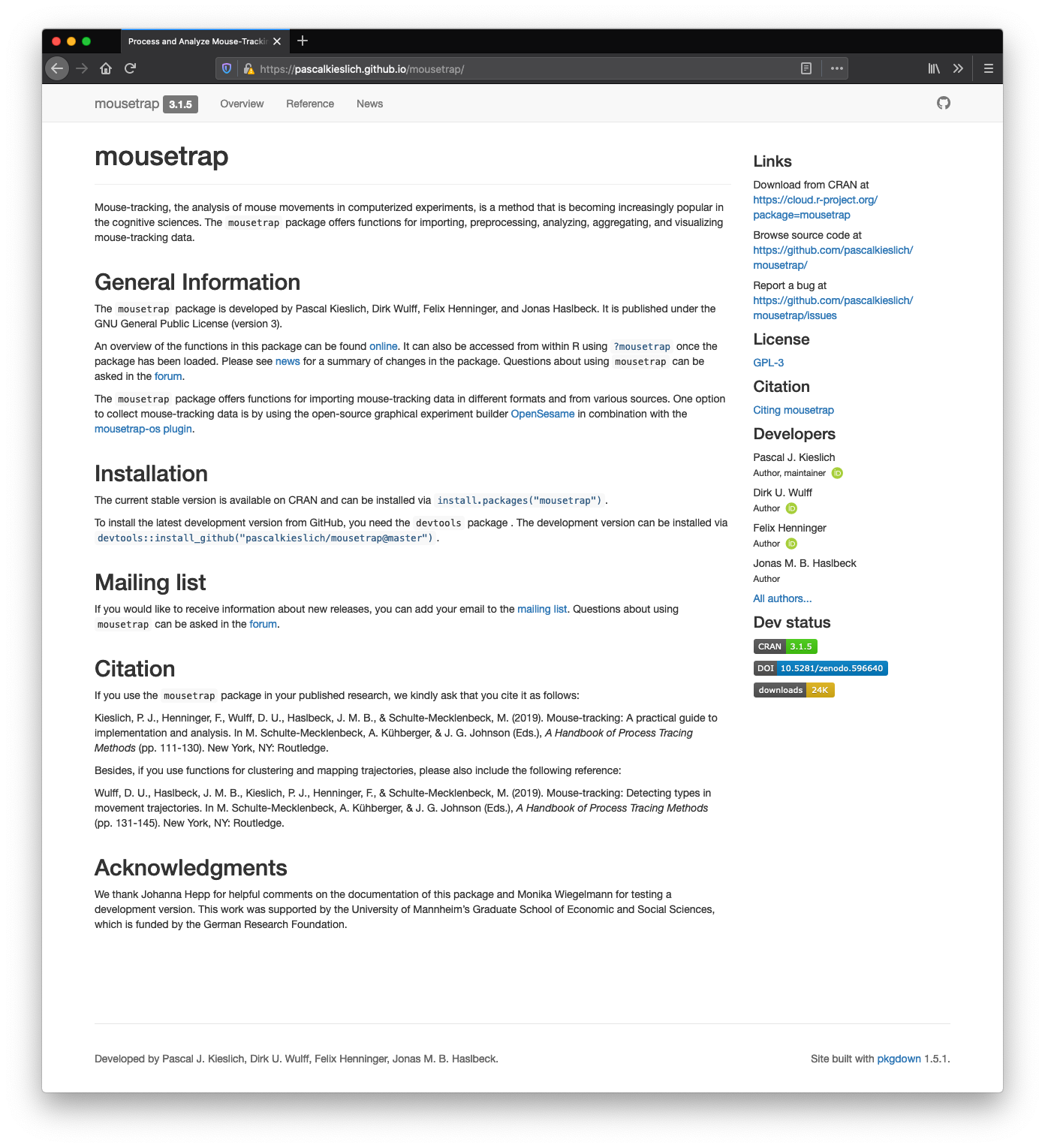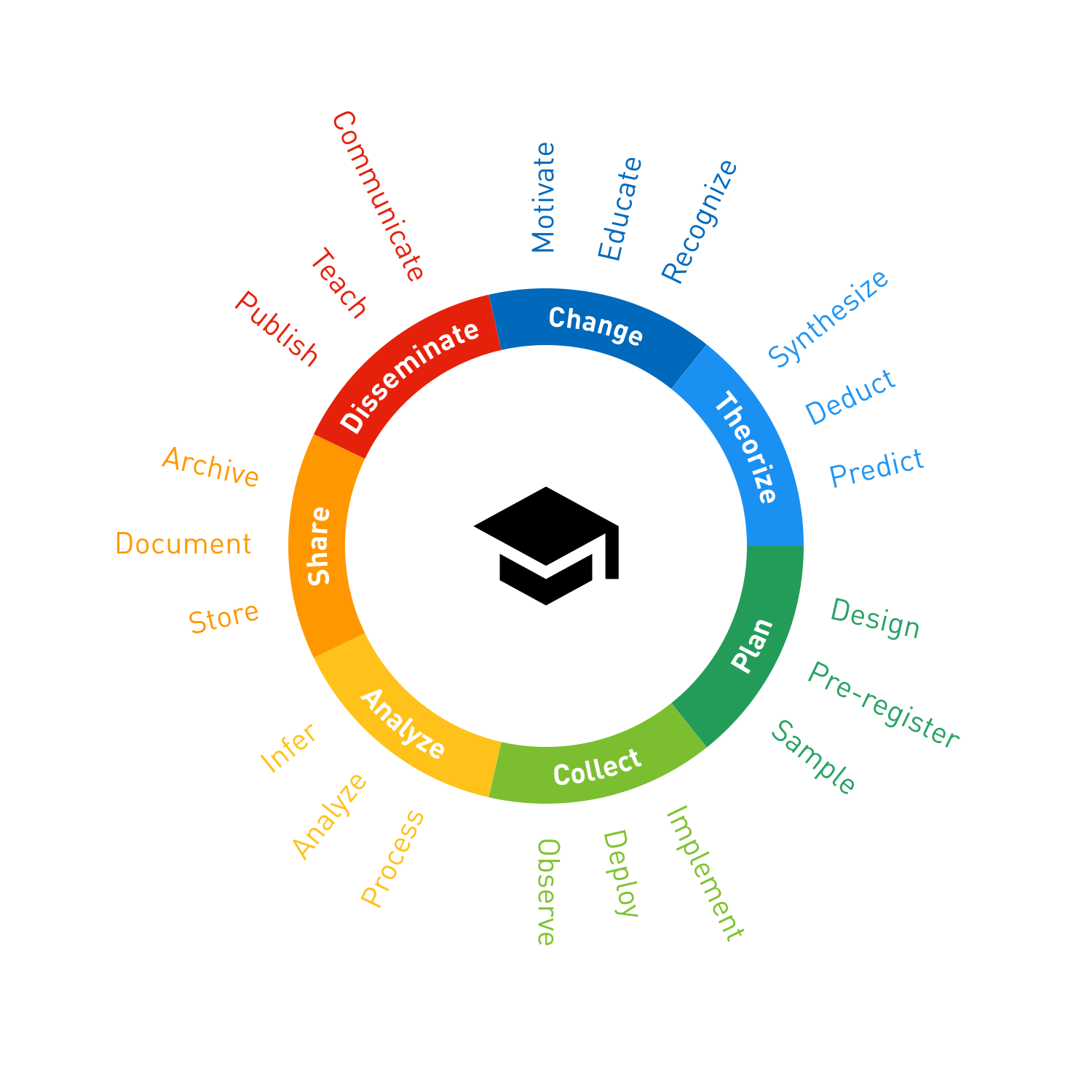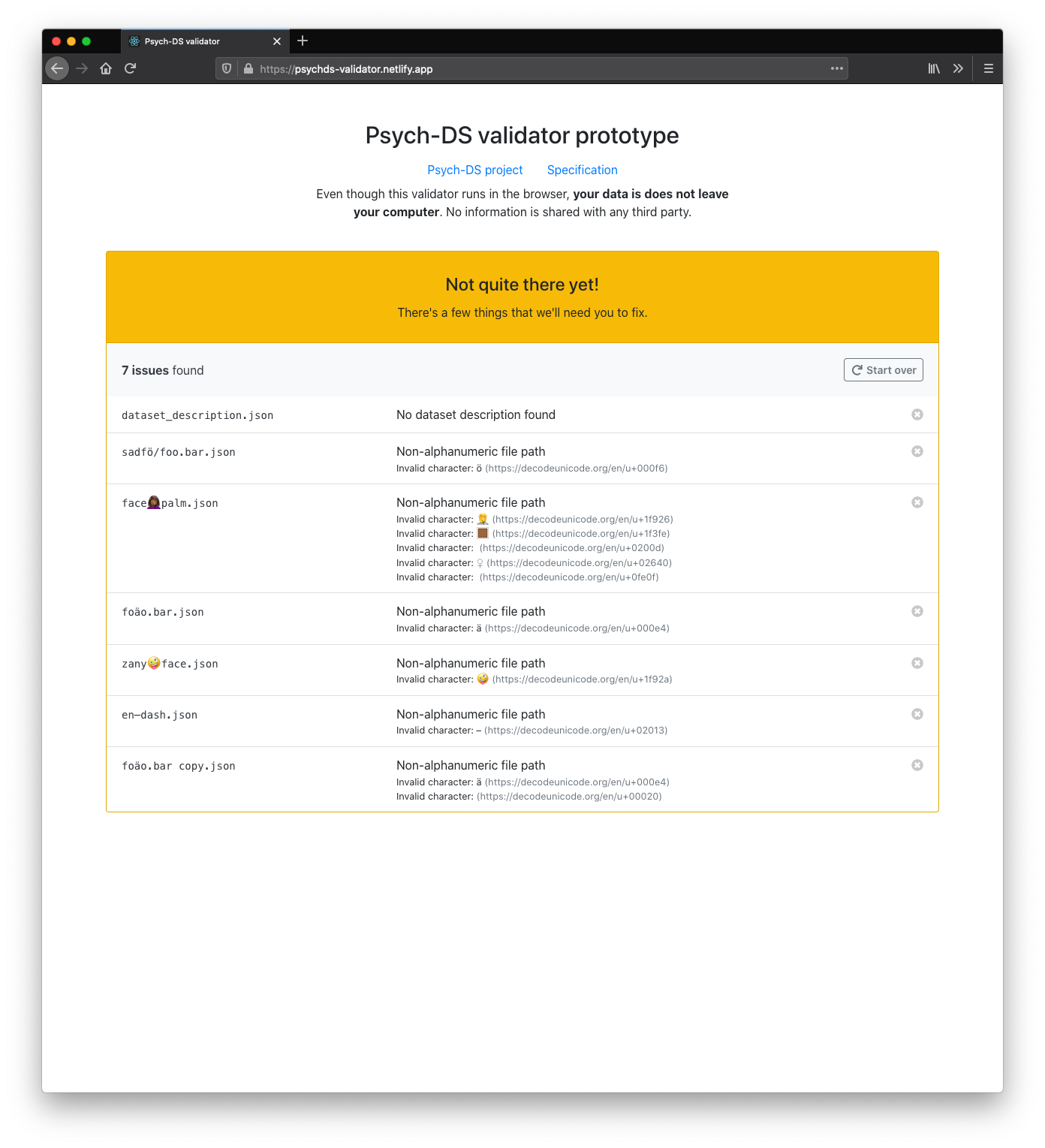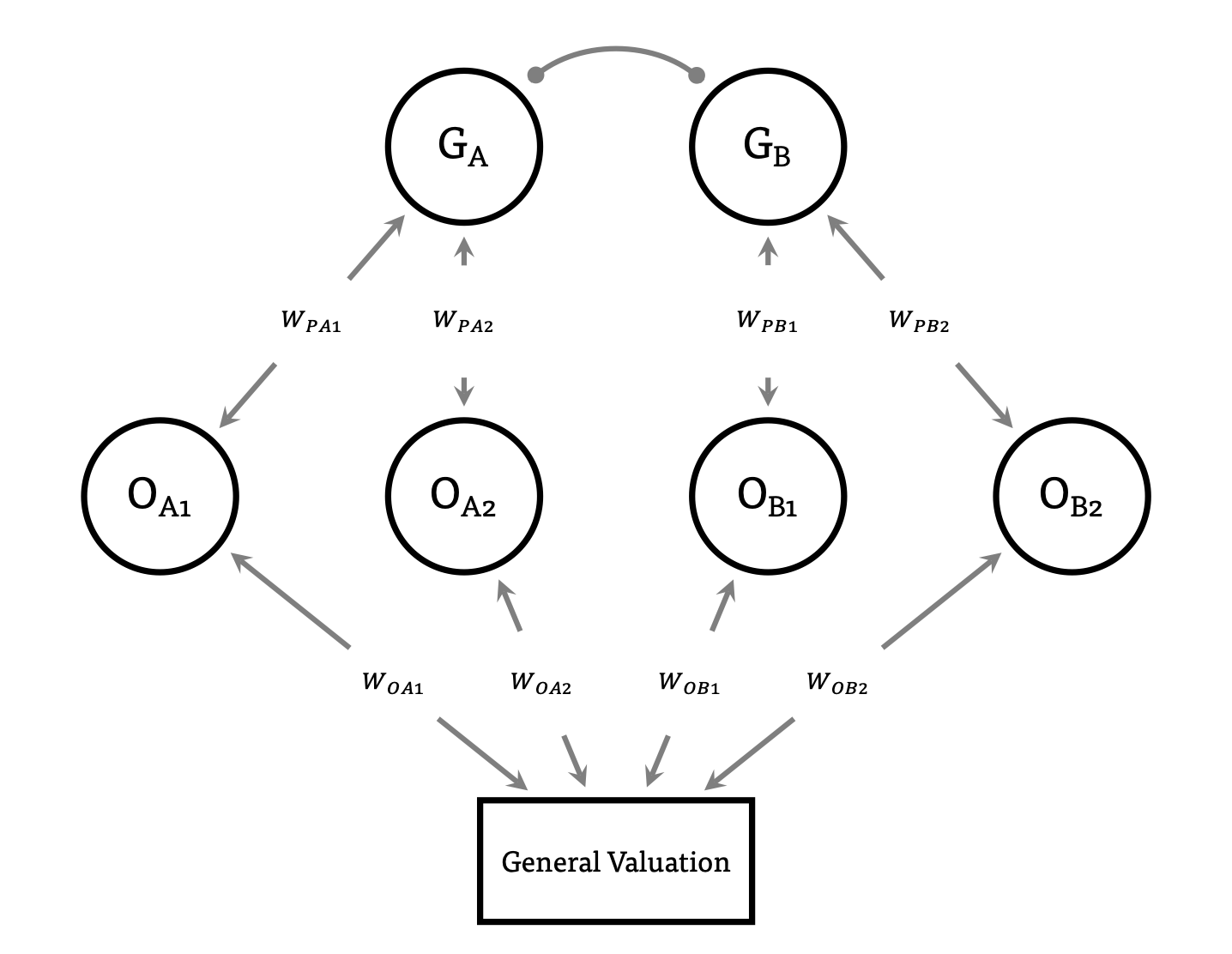Work
My work can take on many shapes: I build software, analyse data, consult, teach and write, and enjoy collaborating with dedicated communities large and small. Here are some projects I've worked on recently.
lab.js
A free, open, online experiment builder
lab.js makes it easy to build experiments and surveys that run in the browser, for data collection in the laboratory, on participants' computers and mobile devices.
What started as a small library for my own research is now used by several thousand researchers every month, on every continent. It attracts a vibrant community of fellow scholars, and together, we help each other collect larger datasets from more diverse populations, more efficiently.
lab.js is also a popular teaching tool, especially in distance education
settings, and is used at the German, Swiss and Dutch Open Universities.

Mouse-tracking
Movements can reflect mental processes, and mouse-tracking uses this assumed link to make inferences about cognition based on cursor movements.
With Pascal Kieslich, Dirk U. Wulff, Amanda Fernández-Fontelo, Sonja Greven and Frauke Kreuter, I help build data collection and analysis tools for this class of data.

OSKB
Open Science Knowledge Base
An annotated collection of practical resources for researchers interested in using open practices.
The OSKB started as a collection of resources for the local open science working group, and has now grown into an international community of volunteers who collect and curate material around transparent research practices, led by the Center for Open Science.

Psych-DS
The Psych-DS community is defining an open metadata and repository standard for behavioral research.
I built and maintain the validators for Psych-DS,
which check compliance with the standard through an
in-browser application, an R package or a stand-alone command-line
interface, and contribute to the specification.

German Reproducibility Network
I am currently helping the nascent DE-RN build a visual identity and website to communicate their work and goals to the wider scientific community.

Neural network models of cognition
One of the early applications of neural networks was to represent how the mind works.
In my thesis, supervised by Benjamin E. Hilbig and Andreas Glöckner,
I extended this work, to describe decisions that involve risk, and evaluate the result empirically. Based on my work, I provide an R package to
generate and simulate this type of models.